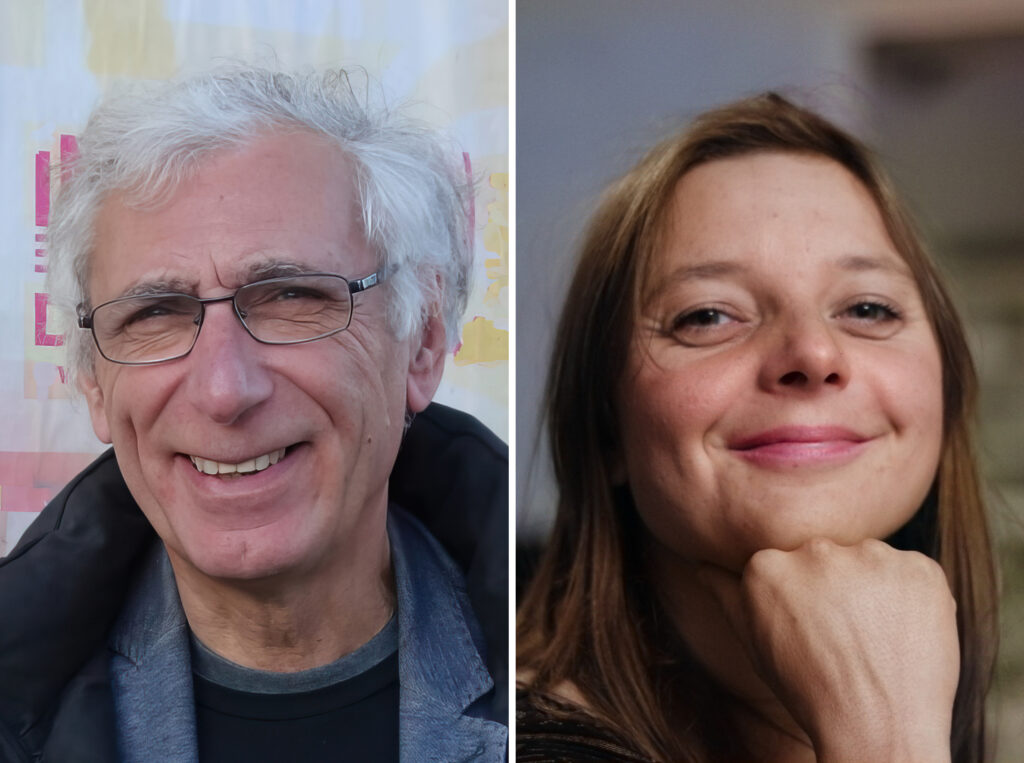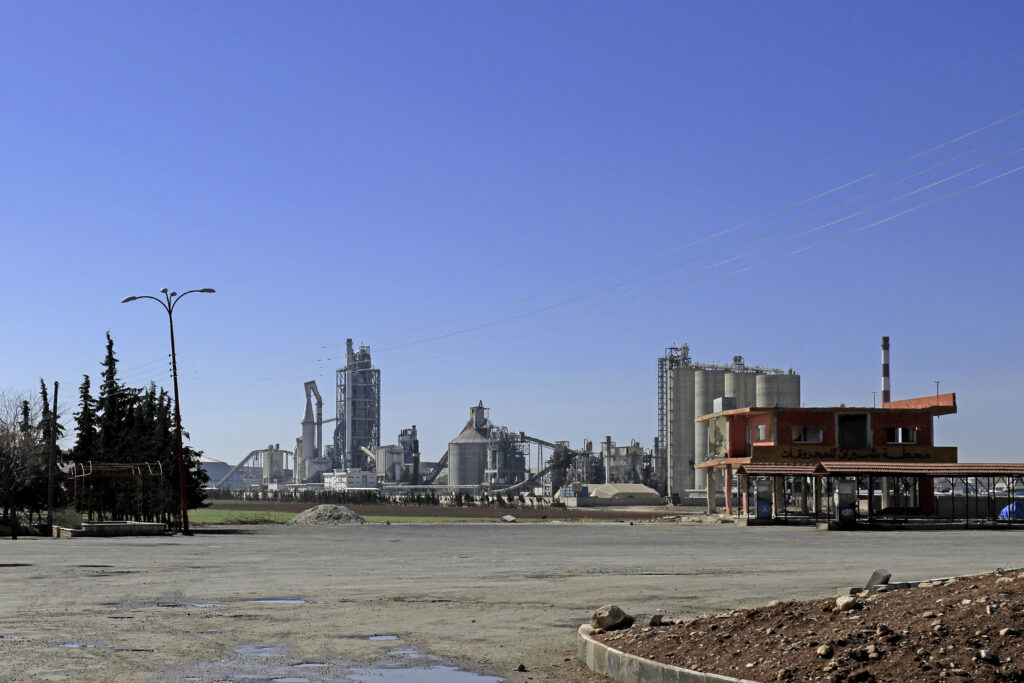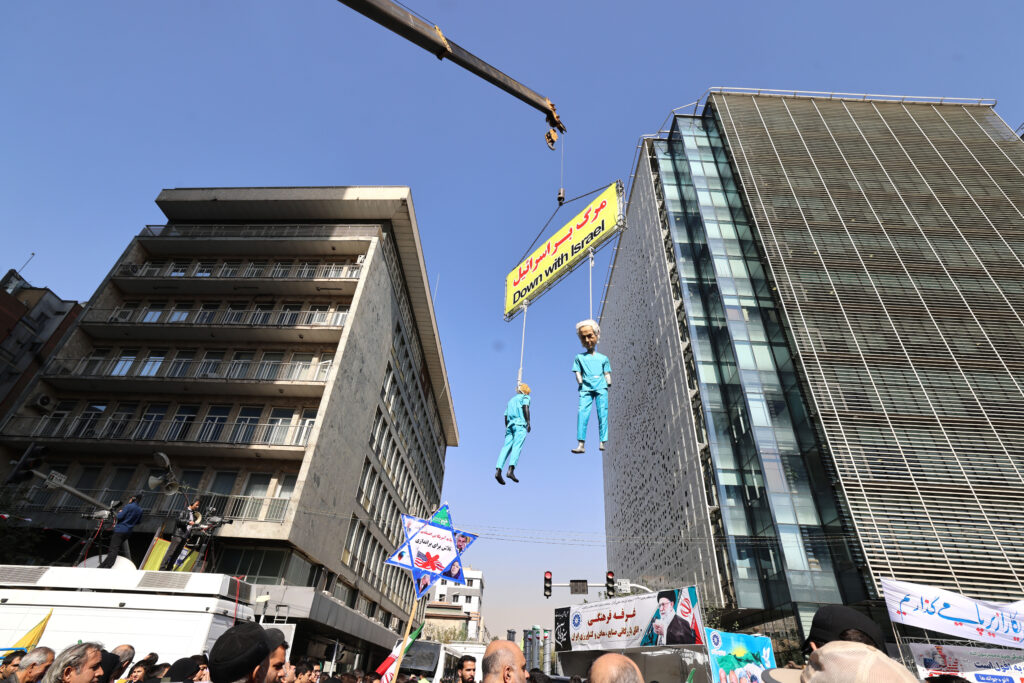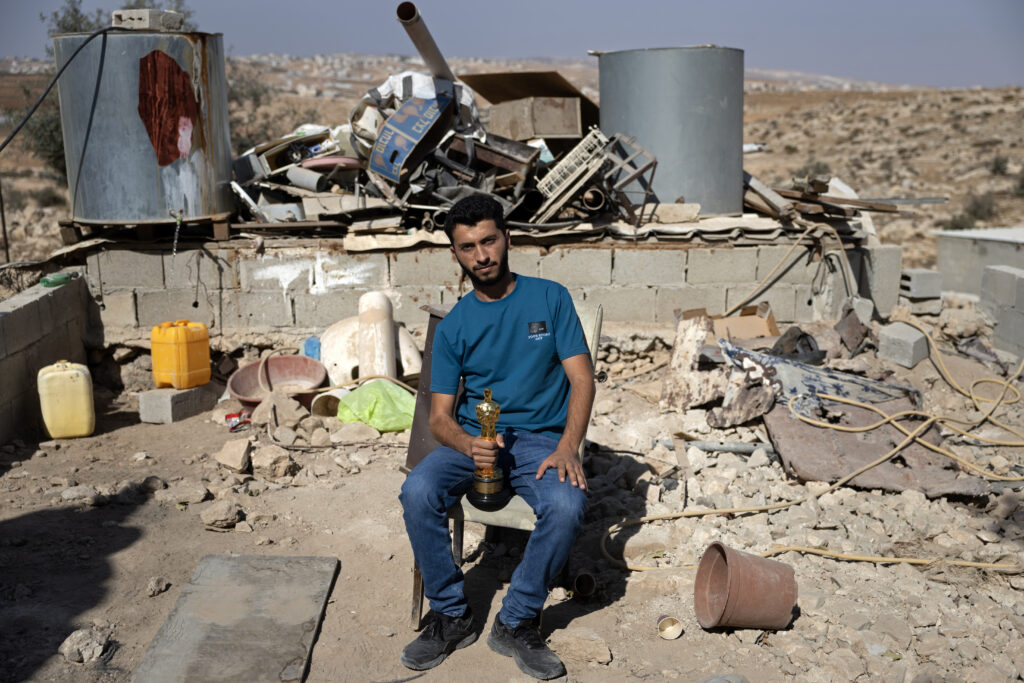French pair released after 3-year Iran jail ordeal
Iran has released from prison a French pair held for more than three years and sentenced to lengthy jail sentences on espionage charges their families always rejected, French President Emmanuel Macron announced on Tuesday.Cecile Kohler, 41, and Jacques Paris, 72 — she a high school teacher, he a retired teacher, both on a tourist visit to Iran when they were arrested in May 2022 — are now “on their way to the French embassy in Tehran”, Macron said on X.He welcomed this “first step” and said talks were underway to ensure their return to France as “quickly as possible”.French Foreign Minister Jean-Noel Barrot added in a separate post on X that they were now at the residence of the French ambassador and “awaiting their definitive release” from Iran. Their Paris-based legal team said in a statement to AFP that the release had “ended their arbitrary detention which lasted 1,277 days”.Their release comes at a time of acute sensitivity in dealings between Tehran and the West in the wake of Israel’s 12-day June war against the Islamic republic and the reimposition of UN sanctions in the standoff over the Iranian nuclear drive.- ‘State hostages’ -Kohler and Paris were among a number of Europeans still held by Iran in what several European governments, including France, describe as a deliberate strategy of hostage-taking by Tehran to extract concessions from the West.France has described them as “state hostages”.Kohler and Paris were the last two French citizens officially known to be held by Tehran after several other French nationals were released over the last months.Their sentences on charges of spying for France and Israel issued last month after a closed door trial amounted to 17 years in prison for Jacques Paris and 20 years for Cecile Kohler.The families insisted they are wholly innocent and were only visiting Iran as tourists.Kohler was shown in October 2022 on Iranian television in what activists described as a “forced confession”, a practice relatively common for detainees in Iran which rights groups say is equivalent to torture.France had filed a case with the Hague-based International Court of Justice over the couple’s detention, saying they were held under a policy that “targets French nationals travelling in or visiting Iran”.But in September, the ICJ suddenly dropped the case at France’s request, causing disappointment among the families but also sparking speculation that closed-door talks were underway between France and Iran for their release.Iran, which has previously carried out exchanges of Westerners for Iranians held by the West, has previously said the couple could be freed as part of a swap deal with France, which would also see the release of Iranian Mahdieh Esfandiari. Esfandiari was arrested in France in February on charges of promoting terrorism on social media, according to French authorities. She is to go on trial in Paris from January 13 but was last month released on bail by the French judicial authorities in a move welcomed by Tehran.




